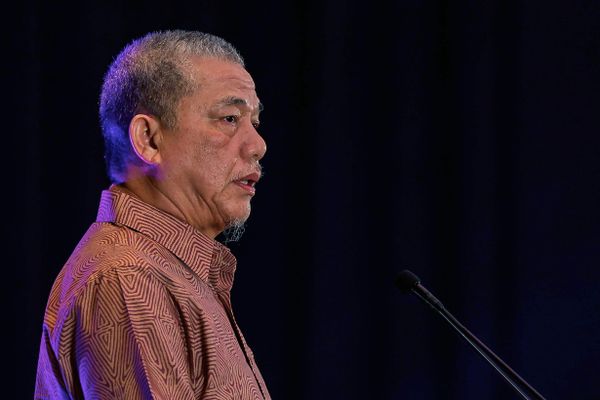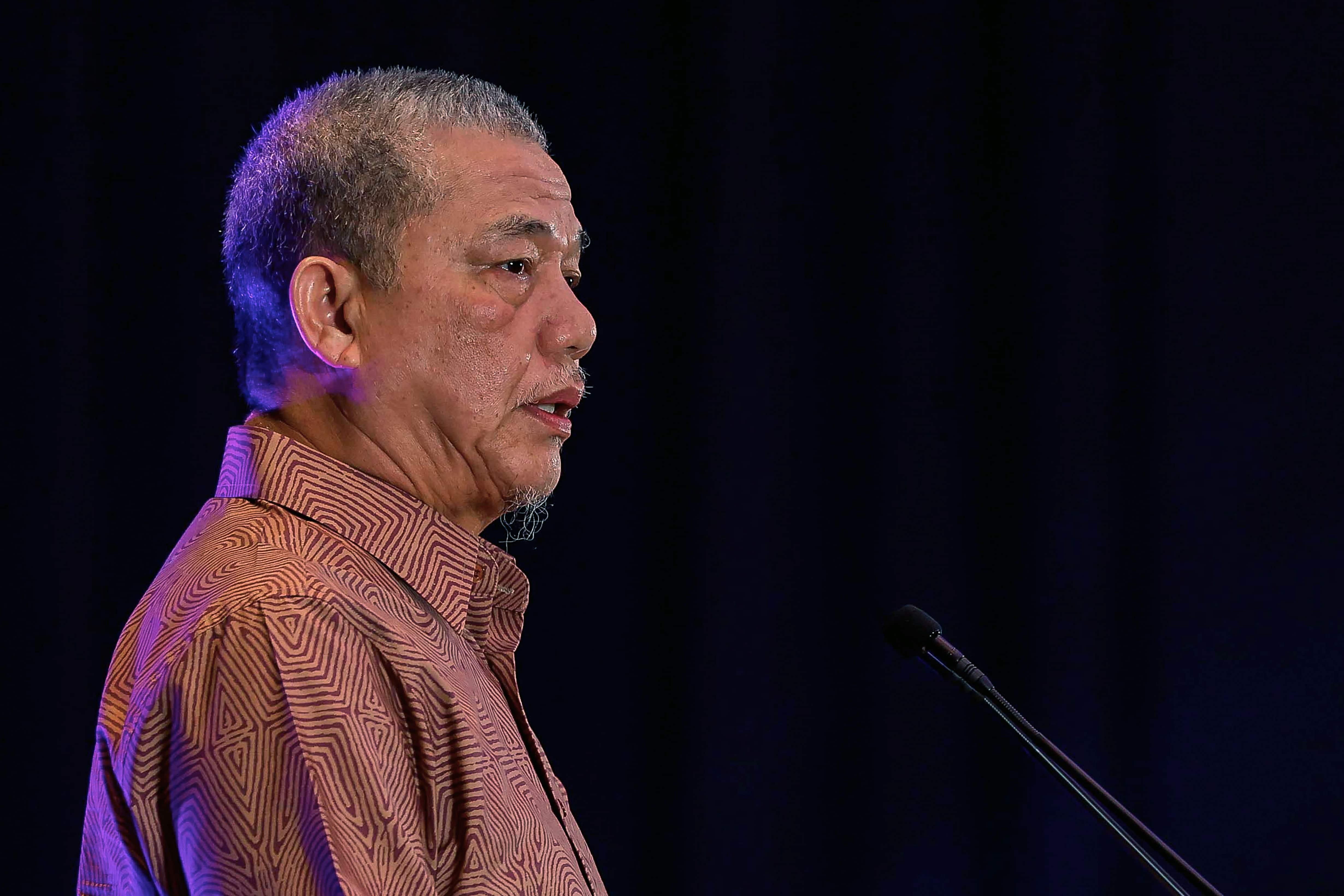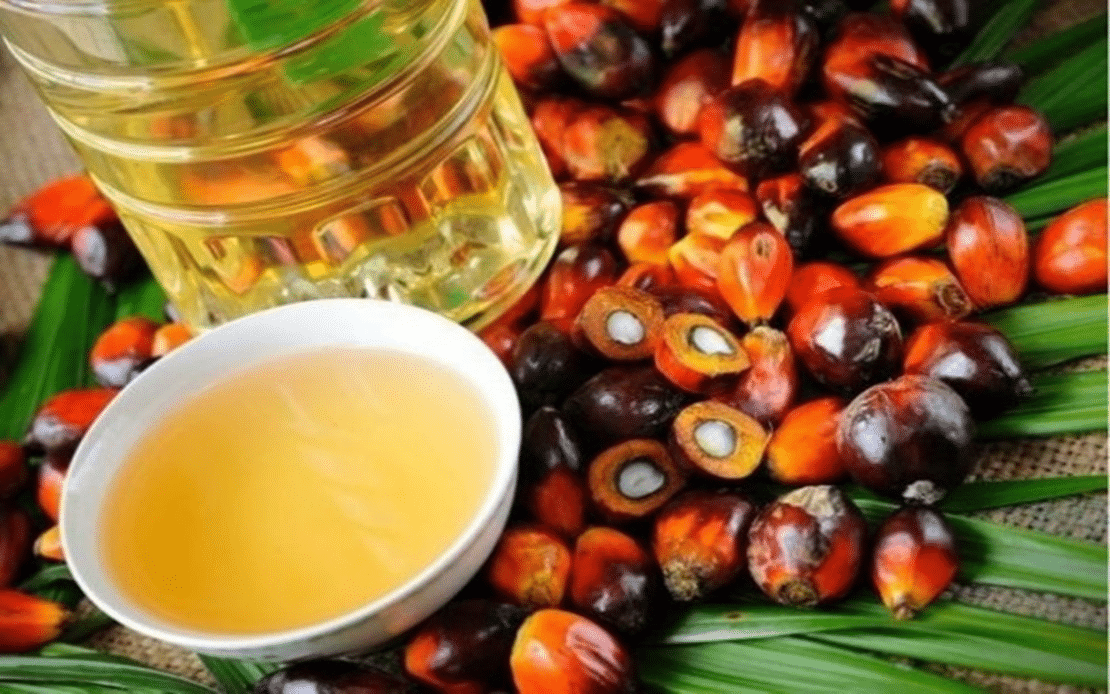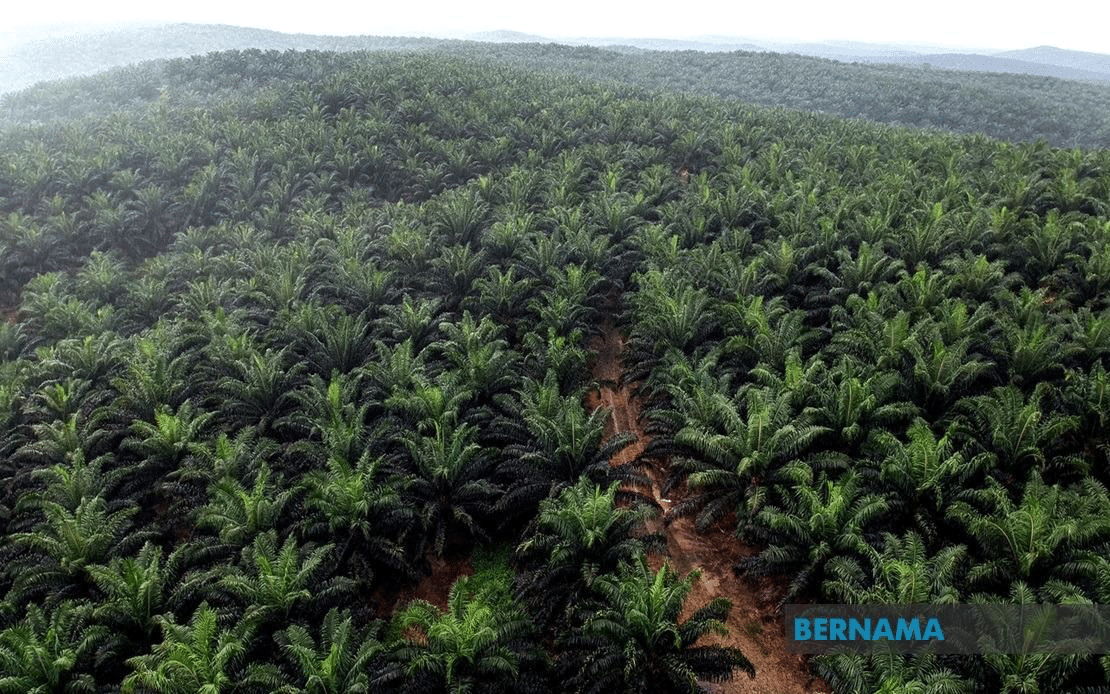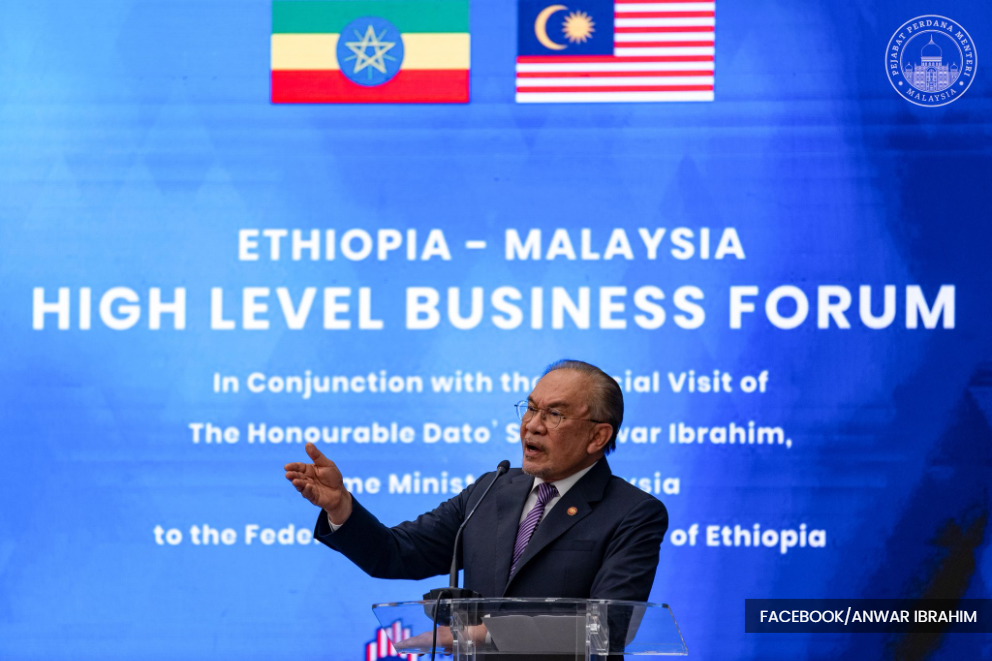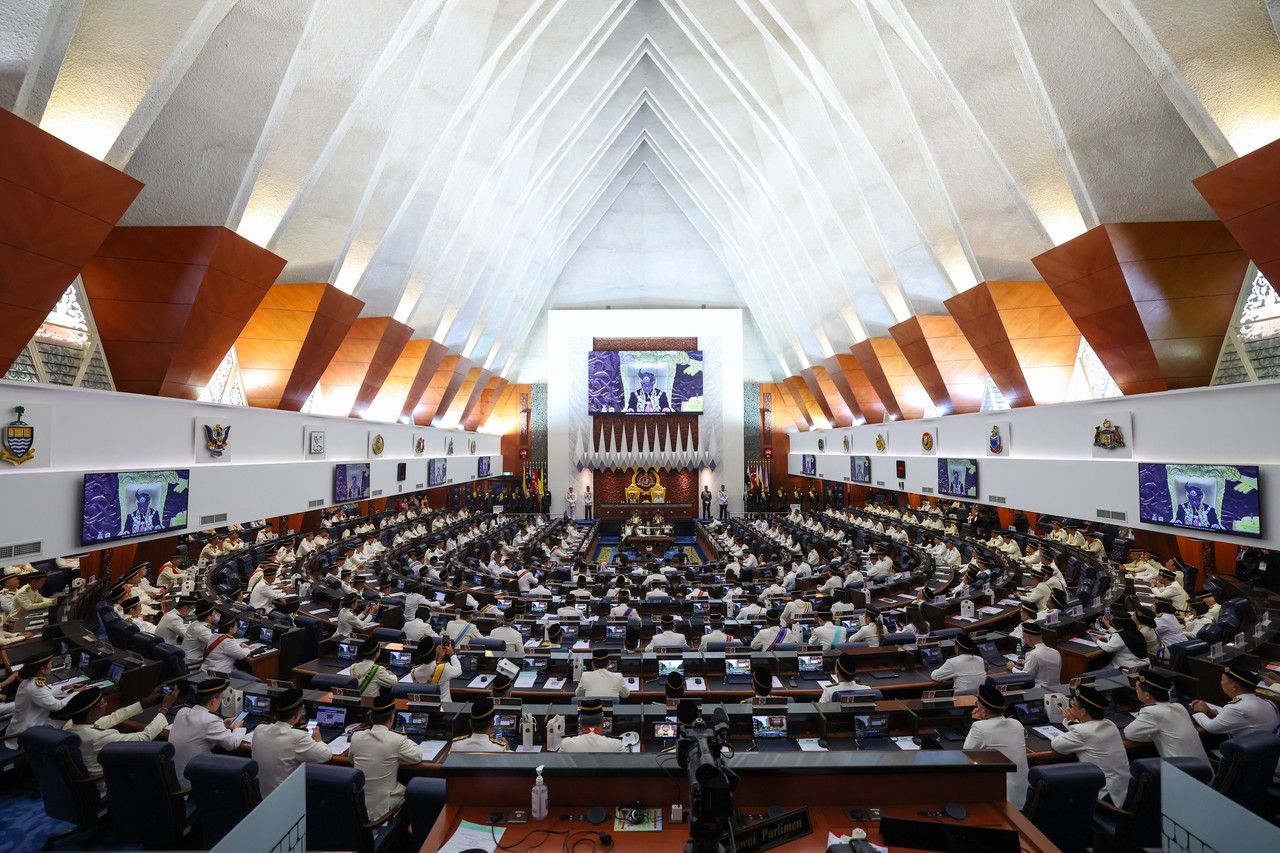KUALA LUMPUR, Nov 18 — Malaysia is well positioned to leverage newly concluded trade agreements to promote its Malaysian Sustainable Palm Oil (MSPO) certification as sustainability standards are increasingly shaping global market access, said Deputy Prime Minister Datuk Seri Fadillah Yusof.
He said sustainability requirements have become closely aligned with trade access worldwide.
“With strong MSPO certification and full traceability, Malaysia is well positioned to seize the opportunities, (and) the MSPO certification remains the cornerstone of our credibility.
“It embeds comprehensive environmental, sustainability and governance (ESG) principles across estates, mills, and smallholders,” he said in his keynote address at the Malaysian Palm OIl Board (MPOB) International Palm Oil Congress and Exhibition (PIPOC) 2025.
Fadillah also said the Malaysia-European Free Trade Area Economic Partnership Agreement (MEEPA) signed in June marks a major turning point, with preferential access for MSPO products where sustainability and trade are aligned.
“The Malaysia-United Arab Emirates Comprehensive Economic Partnership, effective October 1, 2025, expands Malaysia’s presence in the Middle East — a region of growing importance for downstream palm-based products,” he said.
He added that growth across Indonesia, Latin America, and Africa shows that the global momentum for palm oil is unstoppable, driven by necessity, efficiency, and sustainability.
“Sub-Saharan Africa and Asean also present rising demand,” he added.
Fadillah noted that palm oil accounted for 30 per cent of global oils and fats, the most widely used vegetable oil in the world.
“Malaysia proudly remains the second-largest producer, contributing 24 per cent of global output in 2024 and 35 per cent of global exports.
“On just 5.6 million hectares, Malaysia produced 19.34 million tonnes of palm oil in 2024, demonstrating world-leading productivity, even as our sustainability performance continues to rise,” he said.
Last year, Malaysia exported 16.9 million tonnes of palm oil to key markets such as India, China, the European Union, Kenya, Turkey, Japan, and the Philippines.


